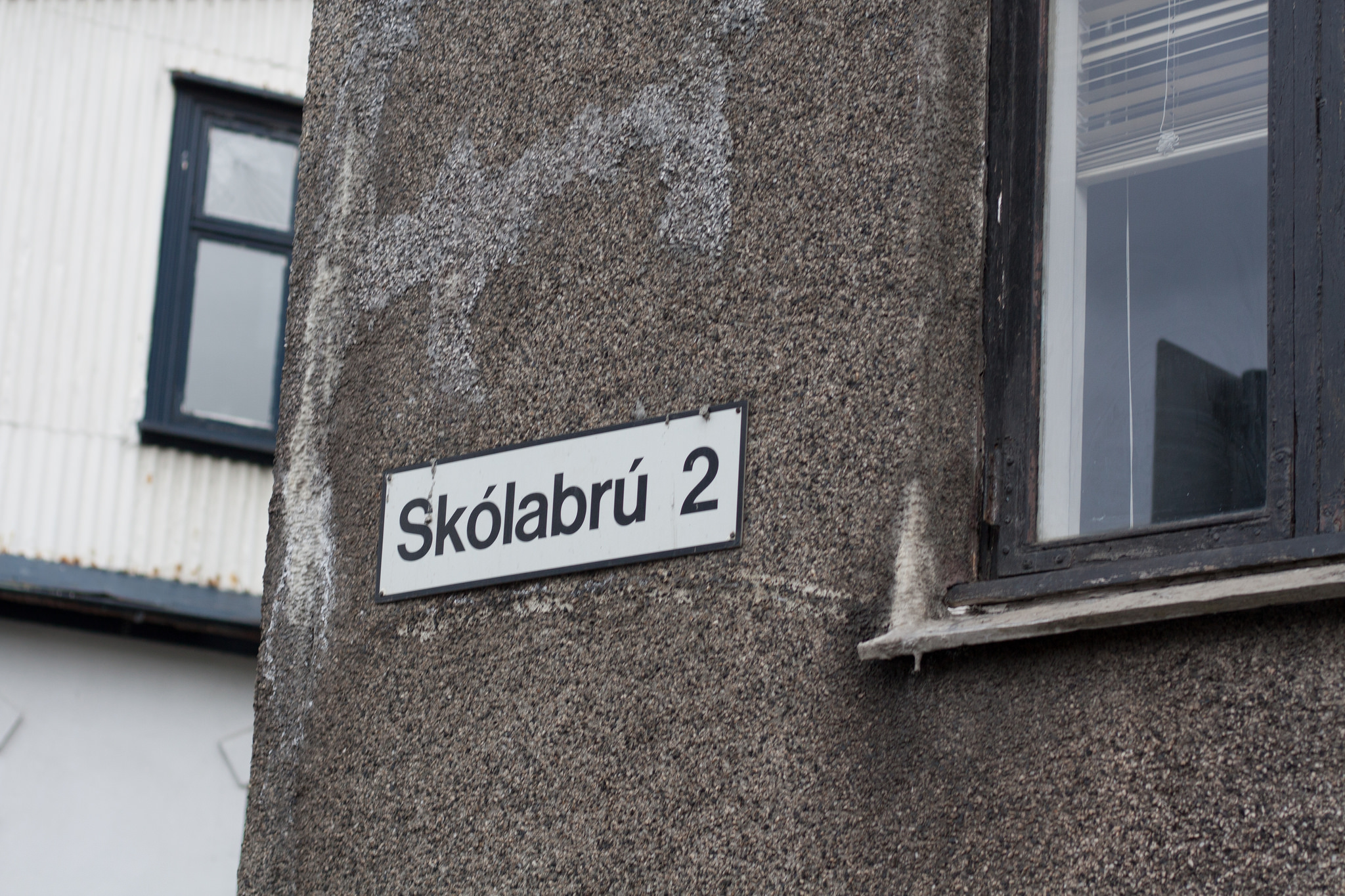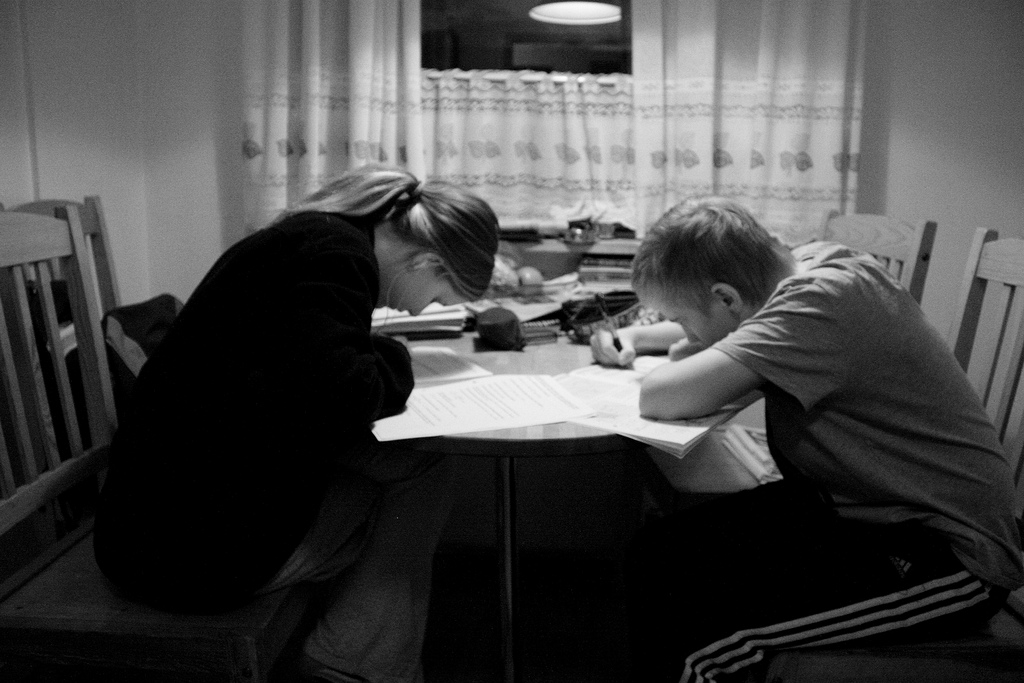Icelandic language starter pack. Posted by hulda on Aug 4, 2016 in Icelandic grammar
So you’ve just now decided to learn Icelandic? Looking for sources online, helpful tips and tricks, how to pronounce a certain word or maybe just looking to see if learning it would be worth the trouble? I’m here to help – but the problem is that I’ve been here for a long time.
I started writing for this blog in 2012 which marks this year as my fourth and also means that finding some of my previous posts on topics most relevant to language learners may mean tag-hopping and digging through the archives. If I were to suggest some starting points for a fresh language learner I would point you to these following ones.
Numbers
- Icelandic gives you some extra hassle with its gender structure, and nowhere is it as confusing as with numbers. Find out how a number is Not just a number.
- …and then there are the rogue numbers – How is a bus like a deck of cards?
Pronunciation
Icelandic is both difficult to pronounce and impossible for Icelanders to understand if it’s not pronounced correctly, so check these posts for pronunciation tips.
- Getting understood in Iceland 1 where I explain some consonant surprises and the follow-up post on vowels and diphthongs. For the sounds that are physically hard to create visit the Difficult sounds -post, and for the sounds that are hidden check the post on pre-aspiration.
- Consonants and vowels learned? Good, now’s time to head over to the 5 step guide to rhythm which explains how they make words. Sometimes vowels are pronounced long and sometimes short, but when and why?
- Now that you know the basics, let’s get this one level higher and learn how spoken language alters words almost beyond recognition by dropping off huge chunks of words. How is “éiggi” the same as “ég veit það ekki” (= I don’t know), read here at Drop it like it’s Ð, G, H, Þ or a vowel.
Grammar
- Icelandic has three ways os saying “to have”, Hafa, eiga and vera með. It’s good to learn them from the start and figure out what kind of things each can state ownership over – you can’t have time and a pen with the same verb. 😀 Another, similar post is With with with or with and of course there’s Fyrir, or four uses for ‘for’…
- Auxiliary verbs make your life so much easier, so do check Helpful helping verbs.
- Subjunctive mood is one of the big hurdles in learning Icelandic, but here’s a three-piece explanation on what it is, what it does and most importantly how it works: Subjuctive mood 1, 2 and 3.
- Hey, how about another post recommendation for making your Icelandic-learning easier? Suffix to say don’t panic.
Important to know
- One important cultural aspect to speaking Icelandic is that if you try to be polite you may risk coming across as unfriendly instead. Find out why in Personal pronouns, or how polite can be rude. Another good one for unusual pronouns is Non-binary pronouns in Icelandic which addresses the problems of strictly gendered language when it comes to people who don’t fit in the grammatically available female or male -genders.
- You say hello, I say excuse me I’m a woman. Some greetings are gender specific, don’t mix them up!
- Well… but what if you want to be rude. This is how, in Swearing in Icelandic. 😀
To end this list of recommendations here’s perhaps the most important one of them all: Þetta reddast, þetta kemur. Nobody ever said learning Icelandic was fast or easy but determination will get you there!
Is there something not listed here that’s giving you trouble? Drop me a note on the comments and I’ll get to it!

Build vocabulary, practice pronunciation, and more with Transparent Language Online. Available anytime, anywhere, on any device.
About the Author: hulda
Hi, I'm Hulda, originally Finnish but now living in the suburbs of Reykjavík. I'm here to help you in any way I can if you're considering learning Icelandic. Nice to meet you!






